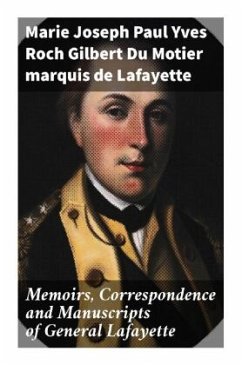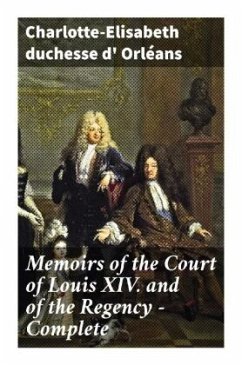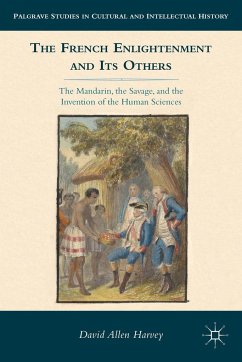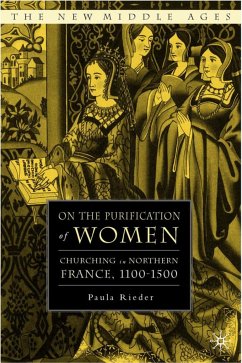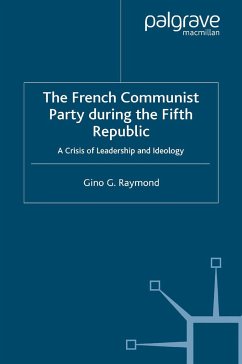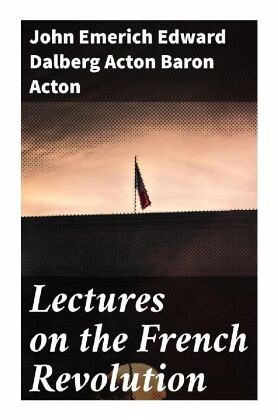
Lectures on the French Revolution
Versandkostenfrei!
Versandfertig in 6-10 Tagen
9,99 €
inkl. MwSt.

PAYBACK Punkte
5 °P sammeln!
In "Lectures on the French Revolution," John Emerich Edward Dalberg Acton, Baron Acton, critically examines the complex socio-political upheaval that marked 18th-century France. Written with Acton's characteristic analytical vigor, this series of lectures reflects a profound engagement with history, philosophy, and morality. The text delves into the tension between liberty and authority, exploring the revolution's ideological foundations and its far-reaching consequences. Notably, Acton employs a rich narrative style, blending rigorous scholarship with eloquent prose, making the intricate hist...
In "Lectures on the French Revolution," John Emerich Edward Dalberg Acton, Baron Acton, critically examines the complex socio-political upheaval that marked 18th-century France. Written with Acton's characteristic analytical vigor, this series of lectures reflects a profound engagement with history, philosophy, and morality. The text delves into the tension between liberty and authority, exploring the revolution's ideological foundations and its far-reaching consequences. Notably, Acton employs a rich narrative style, blending rigorous scholarship with eloquent prose, making the intricate historical events accessible to both scholars and lay readers alike. Acton, a passionate advocate for liberalism and a historian of significant repute, was deeply influenced by his Catholic upbringing and the moral imperatives of the 19th century. His insights are informed by a lifelong engagement with the dynamics of power, authority, and freedom. Acton's scholarly pursuits were notably driven by an unwavering moral compass, elucidating the dangers of unchecked power, which he articulates compellingly throughout this work. His position as a historian gives him a unique lens to view the French Revolution, both as a pivotal event in history and as a moral cautionary tale. "Lectures on the French Revolution" is essential for readers interested in the interplay of history, ethics, and governance. Acton's incisive analysis and thoughtful reflections render this work a pivotal contribution to the discourse on revolutionary politics. Engaging with this text will not only deepen one's understanding of the French Revolution but also provoke thoughtful considerations about the balance of liberty and authority that resonate in contemporary society.




